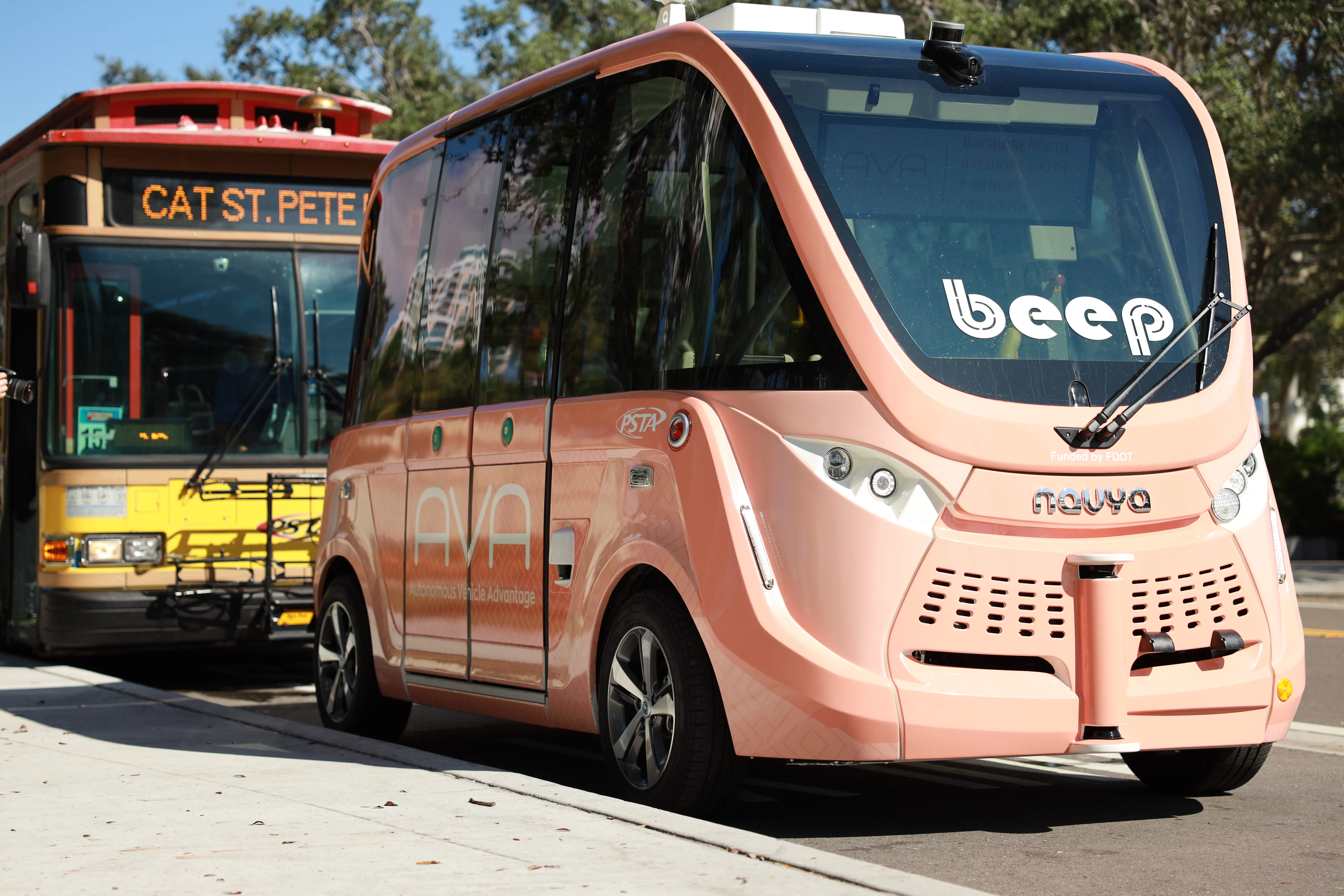A consortium of Salini Impregilo and Astaldi has won a contract valued at US$418 million (€397 million) for the design and construction of the Naples to Cancello section of the Naples to Bari high-speed railway line in Italy, part of the Scandinavia to Mediterranean Corridor of the Trans-European Network (TEN).
Commissioned by ITALFERR the project is scheduled for completion by 2022 and comprises the first section of the Naples to Bari line, a key part of the upgrading of railway lines throughout the country.
The project also includes the construction of the Acerra station and two urban stations, namely Casalnuovo and Centro Commerciale. The section will extend for about 15.5 km across the Casoria, Casalnuovo, Afragola, Caivano and Acerra areas.
Italian consortium to build Naples-Bari high-speed railway
A consortium of Salini Impregilo and Astaldi has won a contract valued at US$418 million (€397 million) for the design and construction of the Naples to Cancello section of the Naples to Bari high-speed railway line in Italy, part of the Scandinavia to Mediterranean Corridor of the Trans-European Network (TEN).
March 2, 2017
Read time: 1 min










